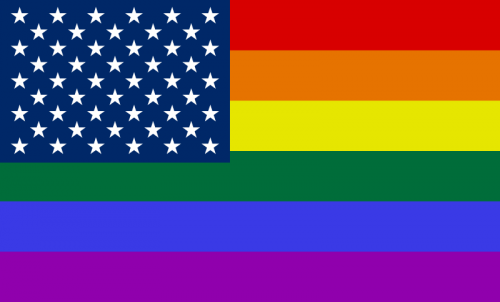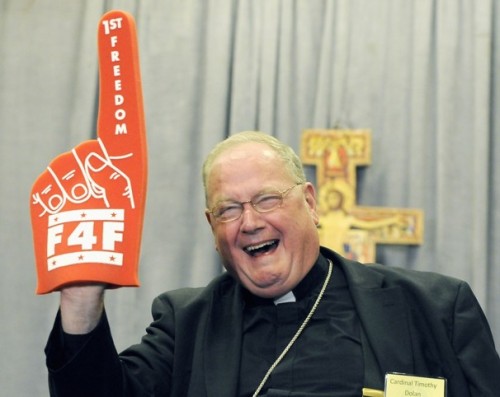The partner of the late Labour MP David Cairns has said anti-gay remarks by the new Catholic Archbishop of Glasgow have added to his “grief and pain”.
Dermot Kehoe spoke after it emerged Archbishop Philip Tartaglia appeared to link Mr Cairns’ death to his sexuality.
The Roman Catholic clergyman made his remarks at a conference earlier this year on religious freedom and equality at Oxford University.
Archbishop-designate Tartaglia said he had not meant to cause offence.
Mr Cairns, who was Labour MP for Inverclyde and a former Catholic priest, died at the age of 44 in May last year.
He had been admitted to hospital in London a number of weeks before his death suffering from acute pancreatitis.
The controversial remarks by the then Bishop of Paisley were made in April in answer to a question from the university audience.
Without prompting, Archbishop Tartaglia raised the issue of the death of Mr Cairns, saying: “If what I have heard is true about the relationship between physical and mental health of gay men, if it is true, then society has been very quiet about it.
He [Archbishop elect Philip Tartaglia] is sorry for any hurt which has resulted, there was certainly no offence or judgement intended in his words”
Catholic Church spokesman for Archbishop Philip Tartaglia
“Recently in Scotland there was a gay Catholic MP who died at the age of 44 or so and nobody said anything and why his body should just shut down at that age, obviously he could have had a disease which would have killed anyone, but you seem to hear so many stories about this kind of thing.
“But society won’t address it.”
Mr Kehoe said the clergyman’s remarks had been made in complete ignorance.
He told BBC radio Scotland’s Good Morning Scotland programme: “The Archbishop elect brought up David Cairns himself. He wasn’t asked about him, he chose to bring him up and essentially he implied that David’s death was due in some way homosexuality and his being gay.
“This is not only in complete ignorance of the facts in this case.”
Mr Kehoe added that to take a personal tragedy and to make it political “was more than upsetting, it is deeply painful”.
He went on to say: “This has not only upset me and David’s family, but it added to our grief and pain and he [Archbishop elect Tartaglia] hasn’t shown any contrition for doing this.”
A spokesman for Archbishop Tartaglia said: “The Archbishop-elect’s words have been taken out of context.
“They were made in answer to an audience question at a lecture he gave on religious freedom in Oxford 14 weeks ago.
“He had no previous knowledge of the question, which was not related to his speech. In his reply he mentioned a situation he had been closely involved in, namely the funeral arrangements for the late David Cairns.
“The archbishop knew David Cairns, met him regularly at events in Inverclyde, and got on well with him, and was personally involved in his funeral arrangements. He is sorry for any hurt which has resulted, there was certainly no offence or judgement intended in his words.”
But Mr Kehoe rejected the clergyman’s apology.
Speaking to BBC Scotland he said the remarks had not been taken out of context.
Mr Kehoe said that in his view Archbishop Tartaglia was using the situation to “influence the government” to stop its plans for same-sex marriage.
He explained: “He [the archbishop] volunteered this information. It wasn’t something he was asked about specifically.
Dermot Kehoe says Philip Tartaglia should ‘show contrition’ for using David Cairns’ death to make a point about public policy
“It was something he had been cogitating about, and not only that, but he had also used it in an attempt to influence public policy.
“He’s taking a personal tragedy, he’s applying a layer of ignorance of the situation and prejudice on the top, and then trying to influence the government of Scotland with it.”
Gay marriage move
The controversy over the Catholic clergyman’s remarks come on the day the Scottish government announced plans to introduce same-sex marriage north of the border.
A Requiem Mass was held for Mr Cairns at his boyhood parish of St Patrick’s Church in Greenock.
The service was celebrated by Father John Morrison, who said that, as a politician, Mr Cairns “was a man of hope”.
The day before the funeral, former prime minister and high-profile Catholic Tony Blair delivered a reading at a special Mass at Mr Cairns’ former church in Clapham.
Complete Article HERE!





